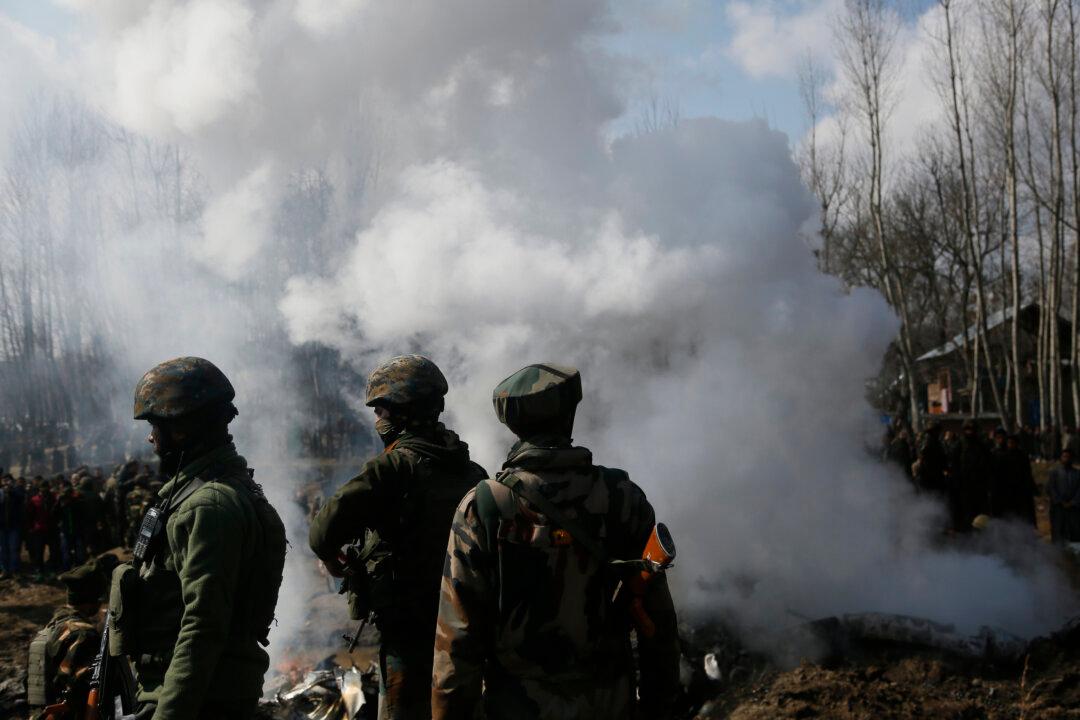MUZAFARABAD, Pakistan—Pakistan on Thursday acknowledged receiving information from India regarding a suicide bombing in the contested region of Kashmir that sparked the latest wave of tensions between the two nuclear-armed neighbors, a day after Islamabad said it shot down two Indian warplanes and captured a pilot
The information exchanged on the Feb. 14 attack that killed over 40 Indian paramilitary personnel signaled tensions were easing slightly between Pakistan and India. However, the two sides exchanged gunfire through the night into Thursday morning along the so-called Line of Control in Kashmir, forcing villagers to flee their homes, though there were no reported casualties.





